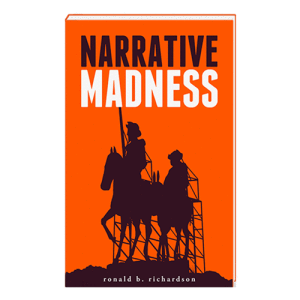Meta:
A playful and pretentious prefix! Use it today and impress your friends.
From the Greek μετά, meaning ‘with’, ‘after’, ‘between.’ The Oxford English Dictionary says, “The earliest words in English beginning with meta- are all derived ultimately from Greek (frequently via Latin or French); in most the idea conveyed by meta- is that of ‘change,’” as in metamorphosis, metaphor and metaplasm. English formations with meta- meaning ‘beyond’ (and that is the sense that will concern us here) appeared in the first half of the 17th century, as in metatheology. Scientists from the 19th century onwards also used the prefix to mean “behind,” as in metaphrenum, “situated between,” as in metasomatome, and “after,” as in metasperm (I like that one).

 In my book
In my book